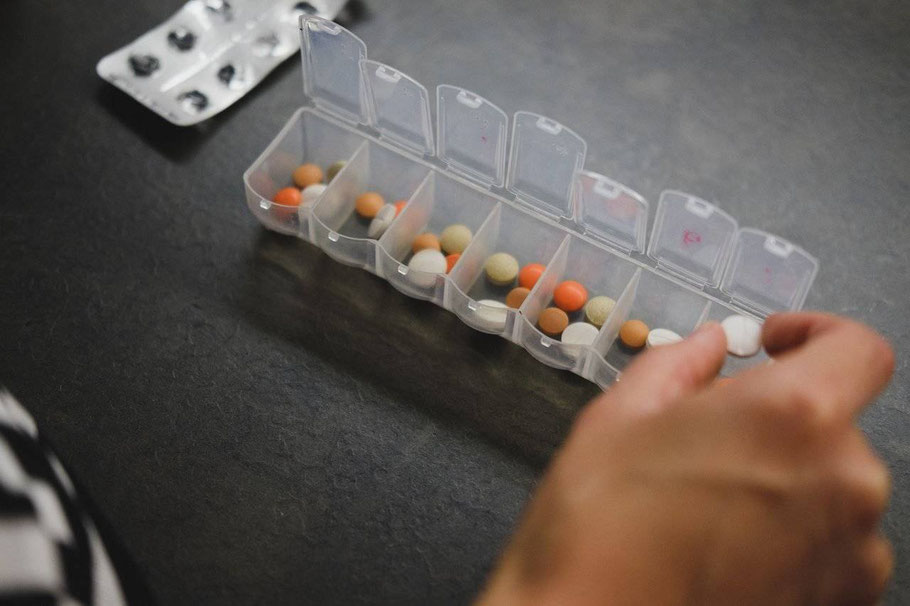Tinnitus & Ototoxic Medications
Ototoxic simply means toxic to the ear.

For a lot of people experiencing tinnitus there is a concern that it may have been caused or made worse by drugs prescribed by their doctor. This concern is sometimes exaggerated by the list of side effects that comes with each individual drug. This will often act to confirm a person's worst fears. This article will attempt to show how it is significantly more nuanced than it first seems.
How does the list of side effects come to be made?
When a new drug is being evaluated for use in humans it undergoes what are known as drug trials to assess both safety and efficacy when compared to existing drugs for the same condition. There are four main ‘phases’ to these trials from phase 1, first to human trials which may be just tested on healthy volunteers to look for any adverse reactions up to large scale phase 4 trials in the target population for the drug. At each phase very careful note is taken of any symptoms that are reported by the volunteers or patients. Even once a drug is released for use, doctors have a duty to make a report to the Medicines and Healthcare Products Regulatory Agency (MHRA) if any side effects are reported by their patients. The key thing to note here is that as taking drugs for a variety of conditions is very common and tinnitus is also very common a great many of the reported incidences of tinnitus related to drugs are likely to be coincidental.
At Tinnitus Clinics, we understand that the emergence of tinnitus is usually caused by multiple factors, some long term and some short term. For example, while the incidence of tinnitus increases significantly with the degree of hearing loss, some people with even quite severe hearing loss report no tinnitus. Why is this? It may be that they live very non-stressed lives, the progression of their hearing loss may have been very slow, they may have been fitted with effective hearing aids very early on and so on.
During a drug trial, whether you are a volunteer or patient, you are likely to be experiencing more stress than normal and also be actively looking for odd reactions in your body, a condition sometimes called ‘hyper vigilance’. So we might expect to see healthy subjects experiencing the very normal little ‘blips’ of tinnitus that happen to everyone now and then and are usually immediately forgotten. But instead of being forgotten they are reacted to and recorded as a potential drug side effect.
Understanding the PIL.
Every drug you take comes with a Patient Information Leaflet (PIL). This breaks down the side effects into groups depending on how likely they are:
The PIL will show whether each side effect is:
- Very common: more than 1 in 10 people are affected
- Common: between 1 in 10 and 1 in 100 people are affected
- Uncommon: between 1 in 100 and 1 in 1,000 people are affected
- Rare: between 1 in 1,000 and 1 in 10,000 people are affected
- Very rare: fewer than 1 in 10,000 people are affected
While it is difficult to be certain, it seems likely that side effects listed in the rare and very rare categories are more than likely of the coincidental category rather than caused by the drugs. When this has been researched in depth it is found there are actually very few genuine tinnitus causing drugs.
Crucially ANY drug can be harmful in sufficiently large doses. Even water when taken in unusually high quantities can cause serious illness (Hyponatremia). So while tinnitus may be listed on the PIL as a side effect it is likely that your dosage is significantly below the level that would elicit side effects although you should always discuss this with your doctor.
